“Teamwork is the ability to work together toward a common vision. The ability to direct individual accomplishments toward organizational objectives. It is the fuel that allows common people to attain uncommon results.”
– Andrew Carnegie

Democracy is a value ingrained in the “DNA” of Americans. Our entire education system is based upon democratic principles, our Declaration of Independence from the British Monarchy declares our rights to be independent (men and women). “…certain unalienable Rights, that among these are Life, Liberty and the pursuit of Happiness.”
Liberty is the right most closely aligned with voting. The right to give input is a foundational right we enjoy. We apply and extend democratic principles all through the tapestry of our society.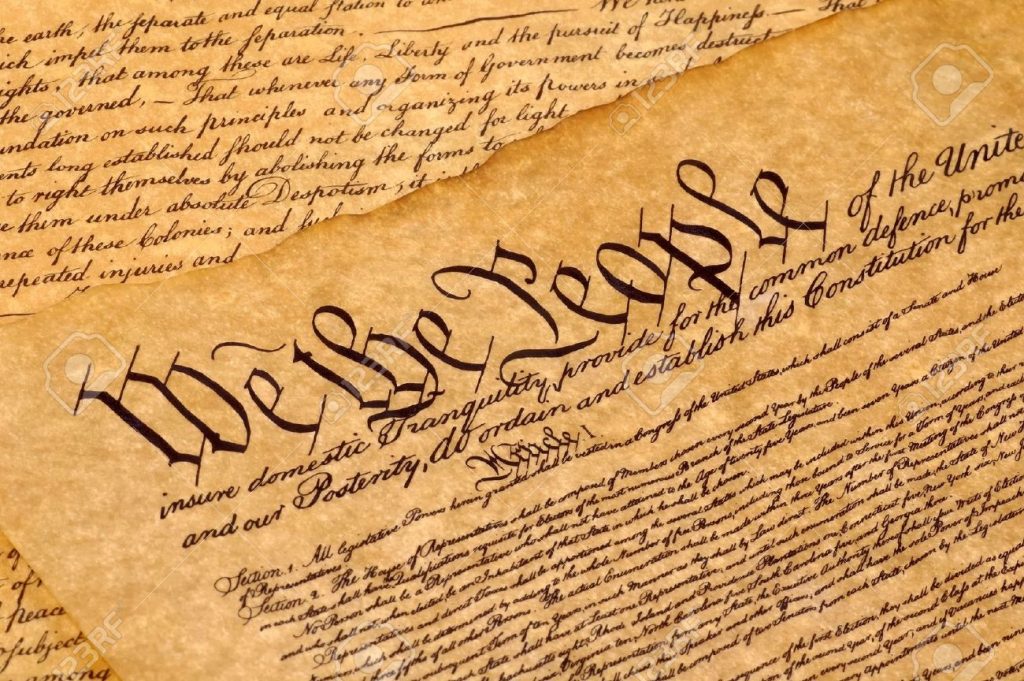
Ten year olds “vote” for the student council (a governance model in the image of our government). Associations vote their members in for leadership positions. In the USA, we feel it is normal and just to vote for pretty much anything.
Some of you reading this will remember commercials where people voted for the better tasting soft drink on TV. Often couples will vote on which restaurant to attend. Families may vote on what colors to paint their rooms. The concept of voting, choosing, giving input is almost an assumed right as an American. The will of the majority rules so many of our institutions of government and society. The majority rule, though, is not the only rule in democratic societies. The rule of 3/5 or “super majority” as well as the rule of “plurality” (the number of votes cast for a candidate who receives more than any other but does not receive an absolute majority.)
In leadership, though, even in a democratic republic, sometimes the elected representatives vote in a different way than their constituents. This does not mean they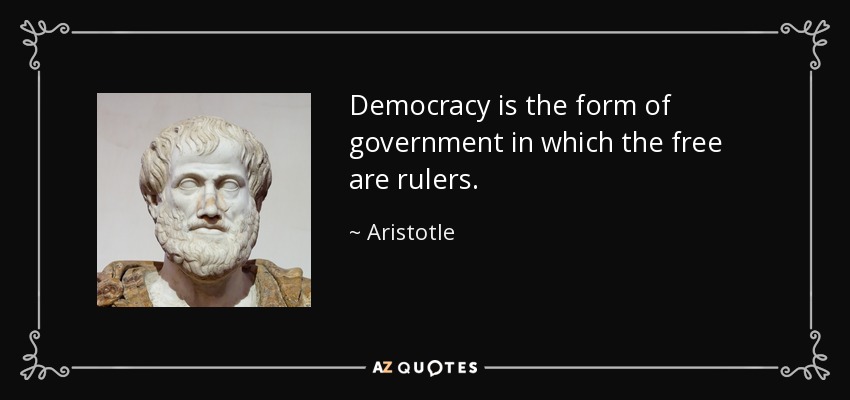 disregard the input, it simply means that multiple factors influence decisions.
disregard the input, it simply means that multiple factors influence decisions.
In general, if you don’t vote can you really complain about the decisions made on your behalf? No, I don’t think so, that’s why I vote; I want to have a voice, whether it is a large voice or a small voice, whether my candidate choices win or not – at least I can say I voted! I went to the table to give my input and in some small way I contributed to our democratic way of life.
I vote for candidates who I believe will represent me, my values, my interests, and the choices I would make if I were in their shoes. I don’t expect the folks for whom I cast a ballot to always agree with me, at times, perhaps often, they will be better educated on the particular issues than I.
In the United States our government and ways of life are more Roman than Greek. That is to say we follow a republican form of government (not the political party) but it’s a  representative democracy concept. We don’t employ a direct democracy where everyone gets one vote; we have a representative democracy. This means we vote for people who will represent the views of groups of people. For example,
representative democracy concept. We don’t employ a direct democracy where everyone gets one vote; we have a representative democracy. This means we vote for people who will represent the views of groups of people. For example,  members of Congress are assigned to districts, geographic areas, representing certain numbers of people. This is why the decennial census (the population count every 10 years) is so important to political map-makers.
members of Congress are assigned to districts, geographic areas, representing certain numbers of people. This is why the decennial census (the population count every 10 years) is so important to political map-makers.
- I vote in every election.
- I vote because I can.
- I vote because I am a free man.
- I vote because it is my civic duty.
- I vote because it is my responsibility as a free man to exercise this powerful right – the right to give input as to whom should represent me and my interests.
- I vote because I hold great value in the power of representative democracy.
- I vote because I would like to have my input considered.
- I vote so I can share my views and values and be a responsible member of society.
One of the tenets of voting that some people overlook is that their vote is going to elect others who will represent their interests. Will those for whom I cast a ballot always vote the way I want them to? No – of course not.
Will they take my follow up input under consideration? Yes – that is the beauty of a democratic republic, the type of society in which we live. I would like everyone I vote for to become elected. But that is unlikely since there are many other voters and that is not a realistic wish. I understand this and I’m ok with this.
As a regular part of my role as the superintendent of schools, I regularly give input to our elected representatives in Washington, D.C., and in Springfield, IL. I would like them to consider my input even if they disagree with it. They may disagree in principle or they may disagree because they are better informed, or they may disagree for political reasons. They also may take my input and form, reform, or transform their beliefs!
I vote for school board members (even my own bosses!); I vote for village trustees and township trustees; I vote for friends, neighbors, colleagues, folks about whom I know a lot and at times, I vote for folks about whom I do not know a lot, but who are aligned with a political coalition I support or understand.
Many voters select based upon political party or candidate gender or candidate ethnicity. It is free choice; people can literally vote for anyone who is on the ballot (and at times they can enter a “write-in” candidate too). That is the beauty of living in a free society.

What does democracy mean in the workplace?
I consider myself to be an inclusive and collaborative leader. I seek input and views and votes from the people likely to be impacted by a decision or set of decisions. I work in an industry full of committees, viewpoints, processes, procedures, etc.
I work for an elected non-partisan school board made of seven citizens who, with me, form a governance team of 8 to manage and govern the school district. I seek input from the nearly 500 employees whom I serve and employ.
Do I always agree with every one of their votes? (no) Do I always do what the will of the majority requests? (no) The plurality (the larger number of votes when a majority is not there)? (no)
Or do I consider their input with care, concern, and respect, and make a decision based upon the combination of input, voice, votes, research, evidence, etc. YES – As a leader I truly have to balance the will of the many with the right decision – often equal or congruous with the will – but not always.
The paradox of leadership is leading with an inspired vision and per a collective plan, mission, agenda, vision, etc.
Seeking input, empowering people yet “at the end of the day” realizing that “the buck stops here” and the accountability and responsibility rests with the leader.
Not following the will of the majority is not rejecting input. Not following the will of the majority is not “not listening”. From time to time the leader must seek input, gather facts, anticipate impact and … well … lead. Sometimes leading means helping the group see a different reality than the one they think they want or the one they think is right.
Recently as part of our work, I shared committee recommendations and my administrative recommendation to the Board of Education (there were sometimes differences in the committee recommendation and my ultimate decision). These examples about which I refer are from the 2013-14 Superintendent’s Task Force for Middle Level Education. This coalition of students, parents, teachers, administrators, community leaders, and board members, a 140 member stakeholder community engagement group, made recommendations for improvement to our middle schools.
I took input from many, shared the input publicly, reviewed a number of factors, synthesized the priorities and make a recommendation. For the elective areas I took all the votes/input and I made a recommendation with some differences. The input continues to guide decision making and resource allocation. The STEM team recommendations were accepted 100%.
The challenge of a leader in a democracy is to respect input and consider the votes and then decide what is in the best interest of the many and to lead. The leader may know more and be able to see around corners the people cannot yet see. The leader often needs to have vision beyond the past experiences and limits of the group. The leader needs to lead and challenge the process and manage the change process.
Does your vote and your input guarantee that your choices will be advocated? No – just like the village trustee for whom I cast a ballot will vote his/her conscious when employees give input, or vote, if you will, they are giving input to the representatives who will ultimately decide what action to take. Your vote does guarantee that your views will be at the table and respectfully reviewed and considered!
What does a leader do when the needs of the many outweigh the needs of the few and the future for which he is leading requires systemic unlearning? Well … with compassion and conviction, he leads.
I’m proud I voted today.
I’m proud that the educators with whom I work continue to share voice, vote, values, viewpoints and vision.
I’m proud to share the Deerfield Public Schools District 109 new Strategic Plan later this month.
The mission, vision, guiding principles, portrait of a graduate, goals, objectives and action plans have been carefully prepared, reviewed, planned, and considered.
The Strategic Plan is created by reviewing input of more than 1700 stakeholders – those who voted in surveys have their voice represented. Those who participated in focus groups have their voice represented. Those who Engage, Inspire and Empower have their voice represented as we “rebrand” and “re form” our educational organization for the next several years.
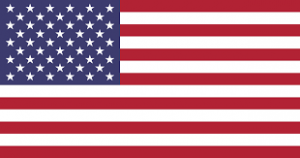
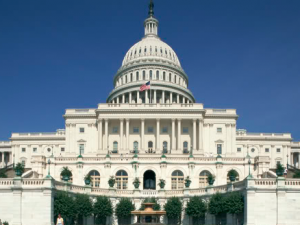 senior high category is Michael Lubelfeld, a resident of Des Plaines, who attends Maine Township High School East in Park Ridge. I congratulate … Mr. Lubelfeld for [his] outstanding essay, which is included in the Record following my statement. … I’m most pleased to share the winning essay with my colleagues.”
senior high category is Michael Lubelfeld, a resident of Des Plaines, who attends Maine Township High School East in Park Ridge. I congratulate … Mr. Lubelfeld for [his] outstanding essay, which is included in the Record following my statement. … I’m most pleased to share the winning essay with my colleagues.” 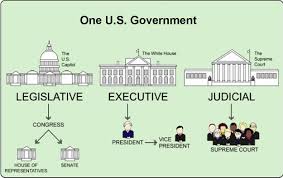 government: the executive, legislative and judicial. The difference between the two types of government is in how each branch carries out its various duties. Although both types of government are structurally similar, theoretical differences do exist.
government: the executive, legislative and judicial. The difference between the two types of government is in how each branch carries out its various duties. Although both types of government are structurally similar, theoretical differences do exist.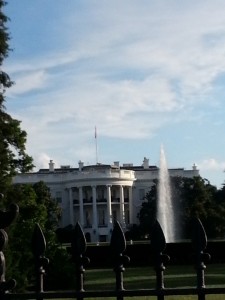
 faced with a very major problem, the nation’s coal miners were on strike. Mrs. Thatcher, had she not received support of parliament, could have lost her power from something as mundane as a coal miners’ strike. In the United States, with our more stable system, if there is a strike that shuts down a significant supply of important resources to the American people, the government could not collapse – no matter how serious the problem.
faced with a very major problem, the nation’s coal miners were on strike. Mrs. Thatcher, had she not received support of parliament, could have lost her power from something as mundane as a coal miners’ strike. In the United States, with our more stable system, if there is a strike that shuts down a significant supply of important resources to the American people, the government could not collapse – no matter how serious the problem.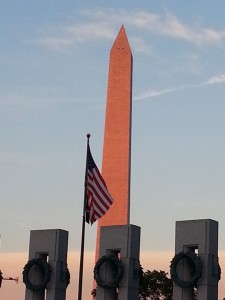 the majority of votes, is called the majority party. The prime minister is then selected by the majority party. When the prime minister’s party loses majority, the government is dissolved.
the majority of votes, is called the majority party. The prime minister is then selected by the majority party. When the prime minister’s party loses majority, the government is dissolved.